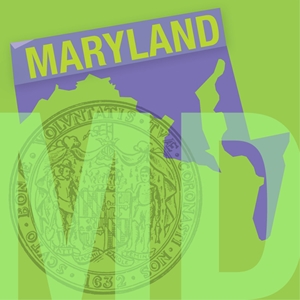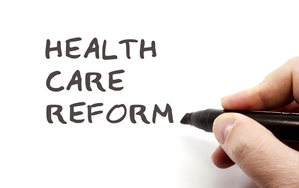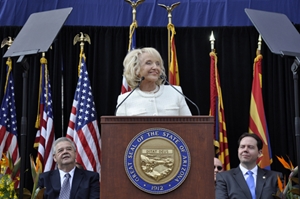
Even though the majority of Americans who are insured are covered through their employee benefits, millions people remain uninsured, prompting states to spend a considerable amount of money to help these individuals sign up for coverage before the Patient Protection and Affordable Care Act (ACA) goes into effect.
According to Kaiser Health News, in collaboration with The Washington Post, several states are devoting millions of dollars toward assisting the uninsured, with the amount varying from region to region. In Maryland, nearly $25 million has been put toward providing for the state's 730,000 uninsured residents, while in the District of Columbia, spending on behalf of the uninsured has reached $9 million.
Jon Kingsdale, a Massachusetts-based insurance consultant that helped establish the Bay State's exchange program when it launched in 2006, noted that what legislatures spend will have a big effect on overall coverage penetration.
"The spending difference could have a huge impact," said Kingsdale.
KHN and The Washington Post point out that the variation in spending largely derives from whether or not states have given the federal government indications that they will operate their own exchanges come January 2014. Those that will be setting them up themselves have been given more money than those that have left the marketplaces to the federal government to operate.
As detailed in a recent infographic created by polling firm Pew Charitable Trusts, 18 states will participate in state-based exchanges. The remainder will either be run jointly by the state and the federal government or be entirely controlled by federal health officials.
While insurance exchanges are already open in certain states that already had them in effect before the ACA, these new marketplaces will be officially launched starting in October 2013.





